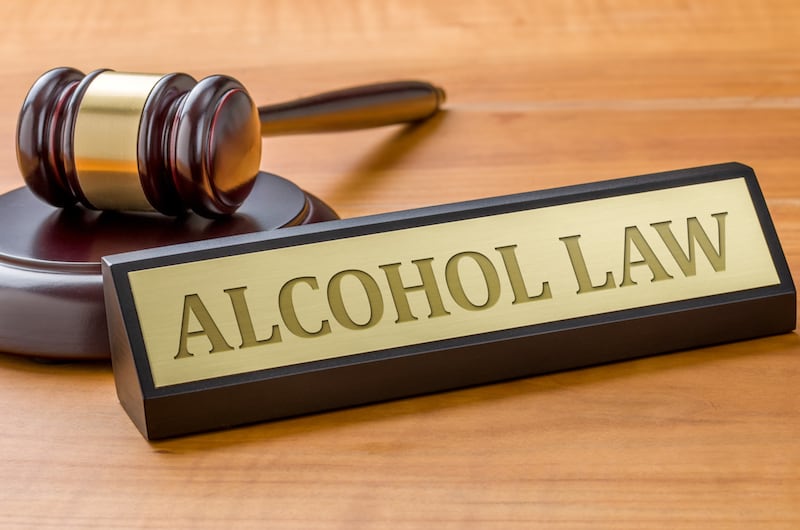
Will regulating drinking time control the quantity of alcohol consumed by Ugandans?
In recent discussions, the Uganda Alcohol Industry Association (UAIA), and cassava, barley, sorghum, and maize farmers have jointly expressed apprehensions regarding the Alcoholic Drinks Control Bill, 2023. The bill, which calls for substantial revisions in the Alcohol industry, has particularly drawn attention due to the potential repercussions for sales of alcohol in Uganda.
The idea behind the Alcohol Control Bill, led by Sarah Opendi, the Tororo District Woman MP, comes from concerning data about how much people in Uganda are drinking. This information shows that it’s affecting people’s health, social life, and the economy, even making it harder for communities to be productive.
The existing legal framework in Uganda for regulating the manufacture and sale of alcoholic drinks has significant gaps following the repeal of the Enguli and Liquor Acts by the Law Revision (Miscellaneous Amendment) Act of 2023.
The repeal of these laws has led to the consumption of unregulated crude spirits within communities and unregulated sales anywhere at any time, with easy access, even for children.
This proposed legislation does not encompass the administration, manufacture, or sale of alcohol for medical purposes, activities within laboratories, industrial purposes, the production of perfumes, native liquor intended for domestic use or traditional ceremonies, as well as alcoholic beverages utilized in religious Holy Communion.
Individuals planning to manufacture or import alcoholic beverages must obtain licenses from the Industrial Licensing Board. Additionally, they need approvals from the Assistant Administrative Secretary in a sub-county, the Town Clerk in town councils or divisions, the Kampala Capital City Authority (KCCA) in Kampala, the Town Clerk in other cities or municipalities, and the Chief Administrative Officer in a district.
The Bill outlines extensive regulations governing the sale of alcohol during specified hours. Licensees are restricted from offering alcoholic beverages or native liquor for purchase before 5:00 PM and after 10:00 PM on regular working days. Additionally, sales are prohibited before noon and after midnight on public holidays and weekdays.
Supermarkets and depots will be permitted to conduct alcohol sales within the timeframe of 10:00 AM to 10:00 PM. However, this restriction does not extend to licensed tourist camps, nightclubs, theaters, fetes, bazaars, or trade shows, allowing them to operate without the specified time constraints.
The Bill prohibits misleading or deceptive advertising of alcoholic drinks, mandates proper licensing for manufacturing, importing, and selling alcohol, restricts alcohol consumption in public service vehicles, prohibits the sale or supply of alcohol to individuals below 18 years, packaging alcohol in sachets or plastic bottles, and importing drinks in packages smaller than 500ml.
Additionally, it addresses concerns by preventing the sale of adulterated alcoholic drinks, requiring certification marks, restricting online alcohol sales, and prohibiting the employment of children on premises where alcohol is manufactured, sold, stored, or consumed.
Conclusion
The Alcoholic Drinks Control Bill, 2023, emerges as a pivotal response to the challenges posed by unchecked alcohol consumption in Uganda. As Uganda grapples with the aftermath of the repealed Enguli and Liquor Acts, this proposed bill strives to fill the gaps in the existing legal framework. As the nation navigates this regulatory landscape, the potential impact on alcohol consumption among Ugandans remains a subject of keen observation, with the hope that these measures will contribute positively to health, safety, and social well-being.
Authored by Isabella Pedun
